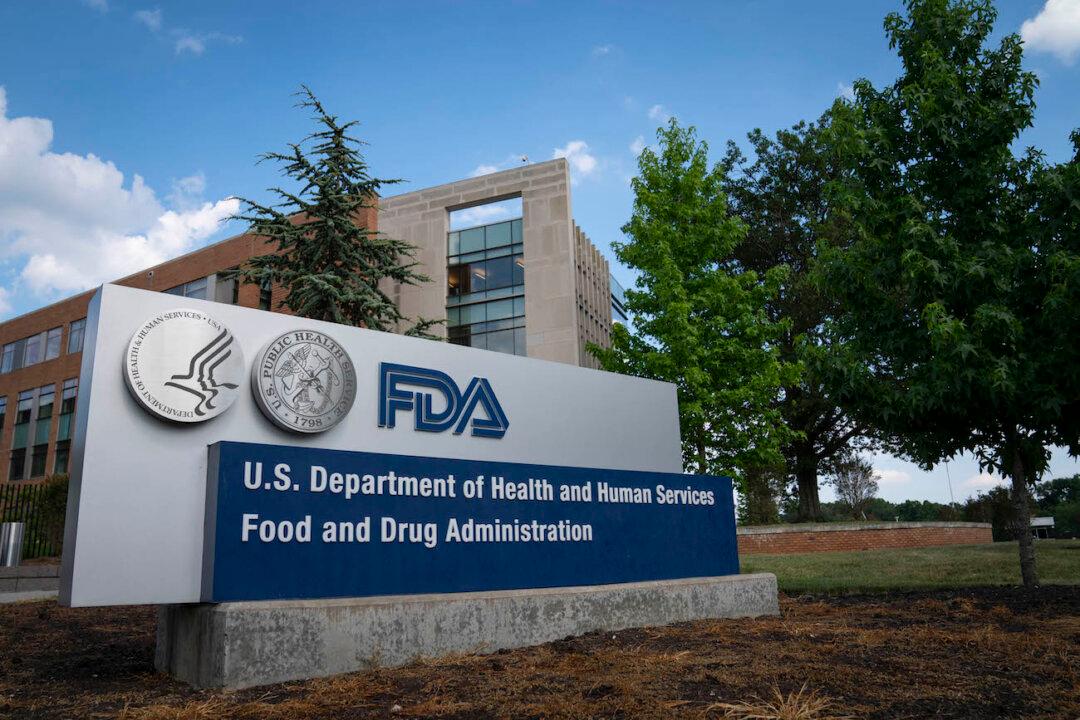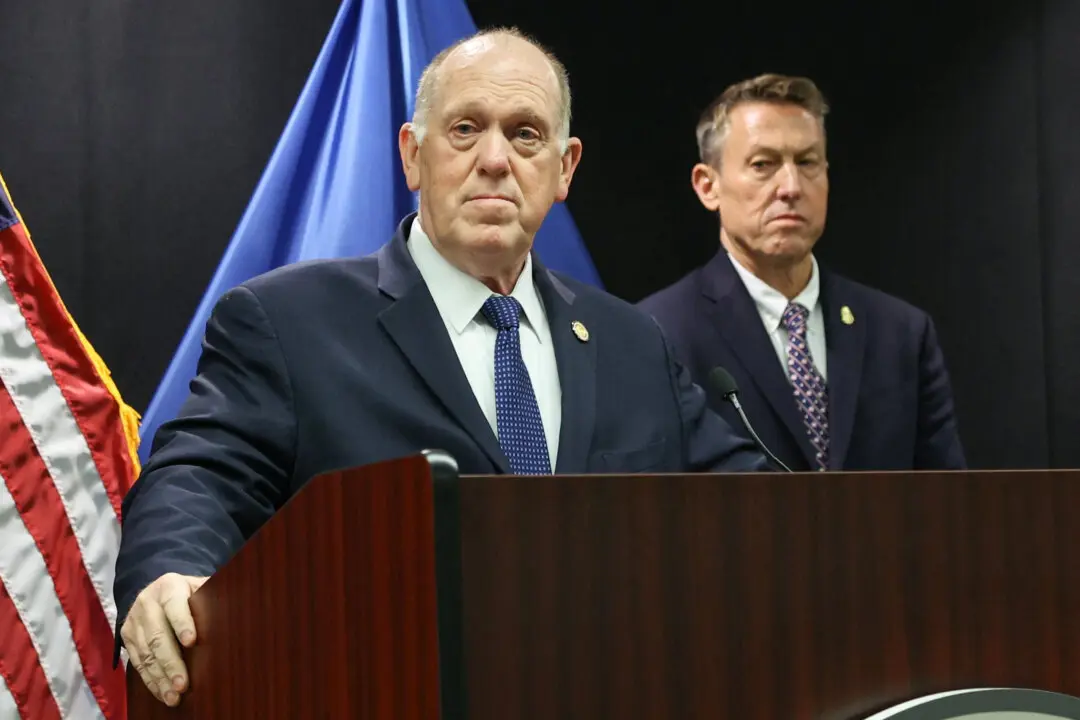The U.S. Food and Drug Administration (FDA) on Tuesday said that a recent announcement from the Biden administration will not impact the agency’s ability to issue emergency use authorizations for certain COVID-19 treatments and vaccines.
“Importantly, the ending of the public health emergency declared by HHS under the Public Health Service Act will not impact FDA’s ability to authorize devices (including tests), treatments or vaccines for emergency use,” the FDA said in a Jan. 31 update after the Biden administration signaled the emergency would end in May. “Existing emergency use authorizations (EUAs) for products will remain in effect and the agency may continue to issue new EUAs going forward when criteria for issuance are met.”





